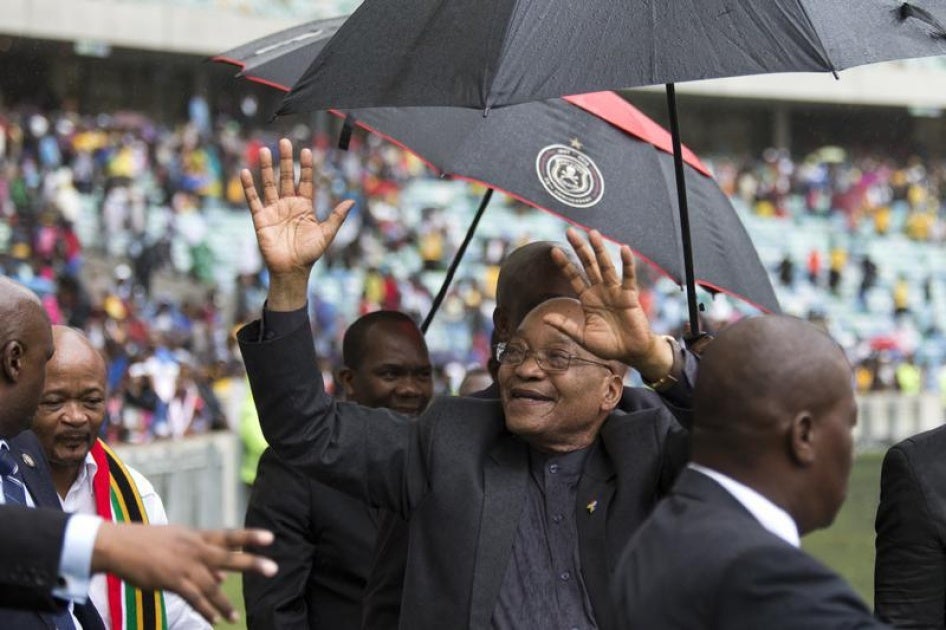Human Rights Day in South Africa is a moment for the country to reinforce its commitment to human rights and reflect on its history. It is a history marked by profound human rights abuses, but redeemed by a progressive constitution. For a time, the country seemed committed to placing human rights at the center of its domestic and foreign policy. This year, rather than celebrating, though, the government should take the opportunity to reflect on its priorities and the progress that still needs to be made, and for the public to ask whether human rights are being eroded in South Africa.
In its recently released national policy discussion document, the governing African National Congress (ANC) says it has improved peoples’ access to health care, schooling, housing and other important socio-economic rights. It acknowledges, however, the need to take measures to address concerns about corruption and other negative behavior that are causing damage to the party’s electoral performance and reputation.
Public confidence in the government’s willingness to tackle human rights violations, corruption and respect for the rule of law has certainly eroded. Despite recurring waves of xenophobic attacks on the businesses and homes of refugees, asylum-seekers, and migrants, the authorities appear reluctant to even publicly acknowledge xenophobia and take decisive action to combat it, including ensuring proper police investigations. Virtually no one has been convicted over past outbreaks of xenophobic violence, not even for the Durban violence of April 2015 that displaced thousands of foreign nationals, or the 2008 attacks, which resulted in the deaths of more than 60 people across the country.
The government has also failed to ensure that an estimated half million children with disabilities have access to basic education. And its failure to develop a national strategy to combat the high rate of violence against women and the continued underreporting of rape remains a concern.
South Africa’s foreign policy and the place human rights play there causes no less unease. When, in June 2015, authorities allowed the Sudanese president, Omar al-Bashir, to visit South Africa despite the International Criminal Court (ICC) arrest warrant against him for crimes against humanity, the move led to an outcry among human rights defenders. Setting aside former president Nelson Mandela’s proclamation that human rights would be the light that guides South Africa’s foreign policy, the authorities responded to litigation by local groups by attempting to withdraw South Africa from the ICC, a court it was instrumental in helping create.
The attempt has since been ruled unconstitutional and invalid as the government had failed to consult parliament. But the ICC debacle further dented South Africa’s international image as a champion of human rights and international justice.
The ensuing cancellation of its withdrawal notice from the ICC and the consultations that are to follow the release of the ANC national policy discussion document present important opportunities for the country to recommit to fundamental rights enshrined in its Bill of Rights and to realign its foreign policy in a way that will enable it to fulfil its potential as the beacon of human rights Mandela had envisaged South Africa to be.








